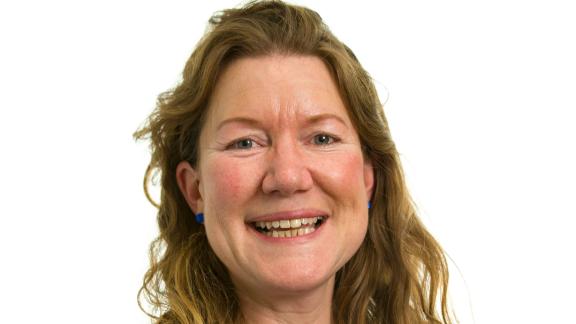What I have learned about embedding mental health practitioners in primary care

Dr Emma Tiffin shares how mental health practitioners are placing professionals with mental health expertise within primary care, to bridge the gap between primary and community mental healthcare.
As a GP working in Peterborough, I had seen first-hand that people affected with severe mental illness can slip between gaps in our care. For example, patients who are not suitable for NHS talking therapies, but also not ‘unwell enough’ for secondary care. Addressing this has been a key part of our work to redesign mental health services around primary care networks (PCNs) and to integrate primary and community mental health care. One way that we are bridging the gap is by the introduction of mental health practitioners (MHPs).
MHPs were added to the Additional Roles Reimbursement Scheme (ARRS) in 2021, to enable PCNs and mental health providers to work together and place professionals with mental health expertise within primary care. Under the scheme, a range of roles could be appointed as MHPs. We chose to supplement our existing primary care mental health team with mental health ‘community connectors.’
These community connector MHPs work with patients with complex mental health problems who don’t currently need secondary mental health services. These can include people relying on very regular GP appointments for sustained wellbeing, or those experiencing mental health problems that are exacerbated by social factors such as isolation, housing, relationships, or financial problems.
They offer specialist mental health expertise within primary care and longer appointment times than GPs, both designed to improve patient experience. They have a direct link into mental health services and sources of community support and can support the stepping up and down of care. They are also an invaluable source of advice for the wider primary care team.
These roles are sub-contracted by our mental health provider to a charity (Cambridgeshire, Peterborough and South Lincolnshire Mind), and to Greater Peterborough Network GP Federation.
Complementing not duplicating service
It is important to understand how the new roles fit within existing practice teams and wider services. In Cambridgeshire and Peterborough, many PCNs had already developed personalised care teams (including social prescribing link workers, health and wellbeing coaches, and other roles) so it was important that MHPs should complement and not duplicate services. We made the roles flexible enough to meet the needs of individual PCNs whilst ensuring core consistency in the functions that they provide. Patient examples really helped to illustrate the distinction between different roles.
Address concerns and provide clear messages
MHP roles are funded 50/50 between the ARRS and the mental health provider. This funding model is unique within the ARRS, and so it feels unfamiliar to many. We took time to clearly explain that joint funding supports joint ownership of the roles across primary care and mental health services, which can enable us to manage workforce challenges.
We also spent time clarifying that employment responsibilities are held by the mental health provider (or contracted organisation), which was welcomed by many PCN managers.
The need to find space in practice buildings was another concern. As part of our engagement with PCNs we talked about what they could offer, but where space was an issue, we managed to find solutions. For example, MHPs could attend practices for relevant meetings but then use space at the mental health provider’s offices or community spaces to see patients.
PCNs told us they have experienced issues with recruitment and staff sickness impacting on service delivery. That is why we created a service with a team rather than an individual, aligned to each PCN, ensuring a more resilient staffing structure and capacity for PCNs to continue to refer patients even if their MHP is not available.
Support your staff
It takes time to build relationships. Primary care and mental health services have different cultures that need to be understood by each other.
Some staff in PCNs have reported feeling isolated in their posts (see The King’s Fund report), which can lead to poor retention and high turnover. For that reason, staff support has been important for us. Staff get clinical supervision and HR support from their employer (the contracted organisation and/or the mental health provider) but we have also worked hard to build an MHPs team and make sure MHPs are supported by their ‘host’ PCN.
While there are challenges, we have found ways to overcome these, and we are seeing the benefits of having MHPs, particularly for some of our most vulnerable patients. In introducing these roles we have learned a lot along the way, and while integration between services is difficult, it is worth it.
With no cap on recruitment of MHPs in the GP contract for 2023/24, I’d strongly encourage more areas to be utilising these roles as part of an expanding primary care team.
Dr Emma Tiffin is a GP in Central Peterborough and a national GP adviser to the adult mental health team at NHS England. You can follow Emma on Twitter @dremmatiffin
For more information on workforce as part of our primary care design groups, please contact us at primarycare@nhsconfed.org



